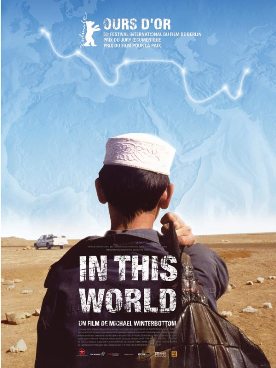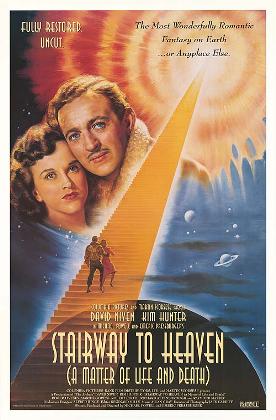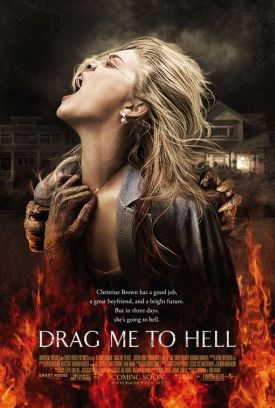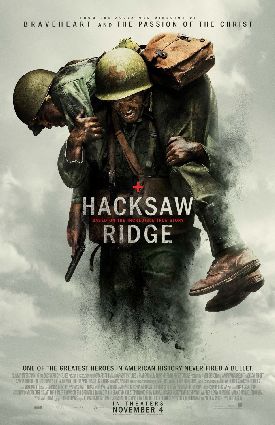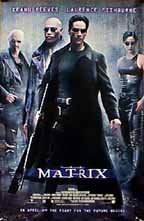In This World
In this World, by Michael Winterbottom and Tony Grisoni is a great kids’ movie. For one thing it teaches kids several great lessons, namely what the world is really like, how sheltered is the enclave of it in which they live, if they live in America or Western Europe, how lucky they are to be living there and not in a refugee camp in Pakistan and, finally, why parents and others who prod them into growing up are not just trying to spoil their fun. In most of the world, kids don’t get any options about growing up. They just do it — and they do it quick, if they want to survive.
The other reason why this is a great kids’ movie is that its moving story of an epic journey from Pakistan to London of two boys, Jamal Udin Torabi and Enayatullah Juymaudin, who are both listed as playing themselves, is told from a kid’s point of view. A lot of movies pretend to do this, but what they imagine is a kid’s point of view is really that of some adult sentimentalist. This film gives us a real kid’s point of view: curious, impressionistic, fun-loving, adventurous and almost completely uncomprehending of everything that happens around it.
It helps, of course, that Jamal, who looks to be about 12, and Eneyat, who might be 16 or 17, are not actors but real refugees and aspirant immigrants to Britain. The film makes them cousins, which they are not in real life, but that is supposedly the limit of its fictional embellishment. The people-smugglers in the movie are said to be people smugglers in real life. Certainly the refugee camp outside Peshawar, Pakistan, and the camp of asylum-seekers hoping to enter Britain at Sangatte, France, on the English channel, are very real.
But reality to a child is just a succession of images, which is also the impression created by the film. Shot in digital video on a small hand-held camera chosen to be unobtrusive, its pictures jounce around and fade in and out of focus like a home movie. The magisterial quality of film to stand back from its subject, putting it into some kind of context is completely eschewed. This is a world, like that of a child, in which there is no context, where one thing simply follows another with seeming arbitrariness, and where the unknown is as scary as it is in The Blair Witch Project.
Like all great children’s movies, In this World is also a good adult movie, but it does rather leave an adult longing for some of that missing context. At the beginning, Winterbottom indulges himself in a few documentary-style voiceovers to inform us that, for example, the bombing of Afghanistan which contributed to the already-existing refugee problem in Pakistan, cost a great deal more than is being spent on refugees. This is no political context but the childish viewpoint by other means. “Mommy! Daddy! Why do they spend so much money on bombs? Why can’t I have some of it?”
Because, darling, that is the way the world works. You, as it happens, are pretty nearly perfectly powerless to extract money from those who have money, besides which you have the misfortune to have been born into a land which fell into the hands of bad men whom the people with money saw, quite rightly, as threats to themselves and their countries.I don’t expect you to understand any of this, but that is the reason why you are living in such appalling conditions that you may be expected to risk your life to get out of them.
Those of us who do understand all this may find ourselves growing impatient with the film from time to time. I caught myself thinking as Jamal and Eneyat traversed the fantastically bleak and beautiful landscape of Iran in the back of a pickup truck that one could have wished at that point for some real film, in technicolor, and a proper camera to place these two tiny figures in all that immensity with some proper respect for the context. There, I was tempted to think, was the whole film in a single image.
But of course it wasn’t this film at all but some other, more grown-up film that I wanted to put in its place. In the kids’ movie, with which we can be well-enough pleased, those snow-covered peaks rising out of barren desert naturally bounce around just as the boys are doing in the back of the truck. In the same way, both triumph and tragedy are taken in stride, because children don’t know any other way to take them. They don’t know yet how the world is supposed to be, only how it is. And that’s something that we can all re-learn from this film.
Discover more from James Bowman
Subscribe to get the latest posts to your email.

